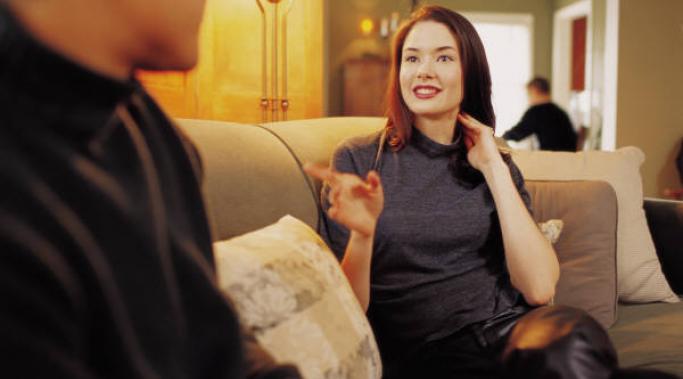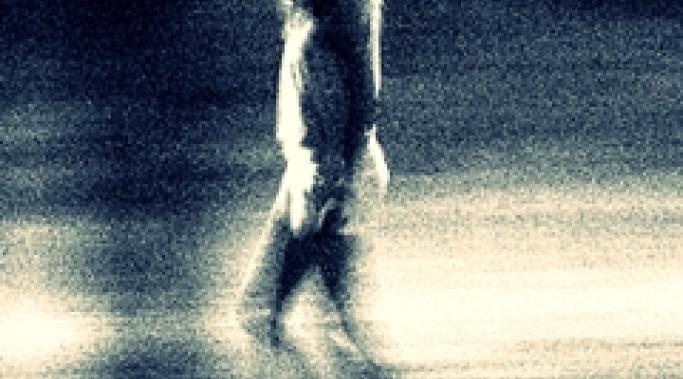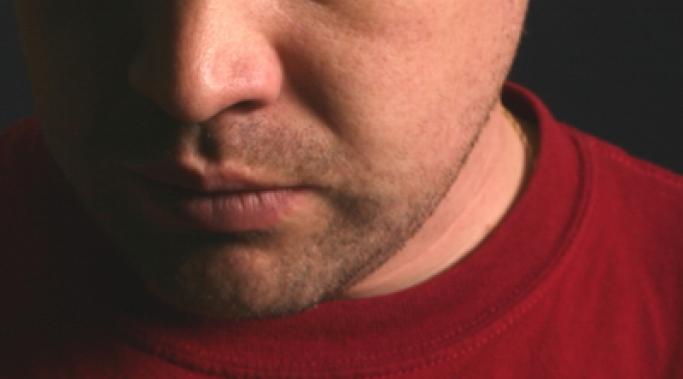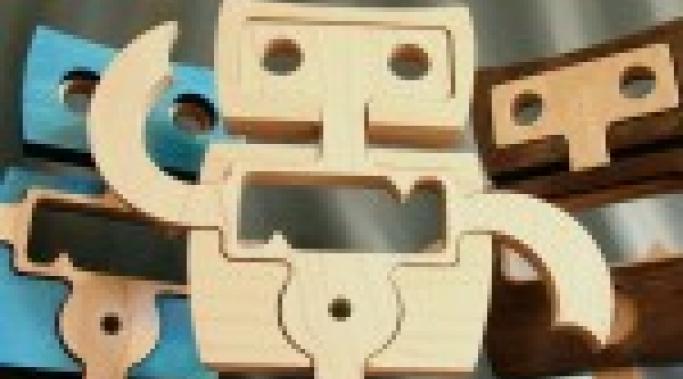Blogs
I use this term, working diagnosis, to share with you what it is like for me to face work life with a long-term diagnosis of major depressive disorder. I discussed in a post recently, Depression Disclosure, the topic of sharing your diagnosis in a public way and in your work environment. Specifically, while you are in pursuit of work, it can be a frightful experience to know that issues like these could effect your ability to obtain employment.
Welcome. I'm Tracey Lloyd. I've been diagnosed bipolar for 3 years, struggled with undiagnosed depression for 10 years and was a sensitive crybaby at birth. In the midst of emotional upheaval and medication changes, I completed college, business school and even a few 5K runs. I began thinking seriously about writing two years ago after a two-week stay at a psych hospital made me question life. I started blogging seriously after getting catcalled by guys in a passing car and being just outraged enough to share.
If at first you don't succeed, failure may be your style.
Quentin Crisp
I think this quote is funny. It made me smile. So I posted it on Facebook and Twitter. People didn't seem to like that. People seemed to think it was a general statement of affairs and there was something wrong with it because it wasn't "positive." It wasn't "recovery focused."
But seriously, why is everything a serious statement on serious issues? Why is everything about our lives and our recovery and our mental illness?
Why can't we just laugh at ourselves?
Borderline personality disorder (BPD) is one of the few mental illnesses that can leave visible physical scars. One of the symptoms of BPD is self-injury, or SI for short. SI is so closely identified with BPD that some psychiatrists will diagnose a person with BPD if only SI is present (technically at least four other criteria should exist, but I'm going by experience).
SI is a negative coping skill. In the words of the late Lady Diana Spencer, "You have so much pain inside yourself that you try and hurt yourself on the outside because you want help."
Over the past couple of months I’ve published a series of articles focused on normalizing dissociation. I've said repeatedly that I believe just about everyone can achieve a basic understanding of Dissociative Identity Disorder, provided it’s explained to them in a way they can relate to. But that doesn’t mean I think everyone should. In fact, normalizing dissociation isn’t about making other people understand DID. It’s about freeing ourselves from the need for other people to understand it.
Many parents of children who take psychiatric medications often face resistance from the child. In this mental health video post, I question when--and if--parents should allow their child to have input into their mental health treatment.
Will would often tell me that I would never find another man like him. I did not stop to consider if I would want to find another guy like him because deep down, the answer was "No, I never want to know someone like you ever again."
Instead of answering the real question, I chose to listen to him tell me why he was so great. Honestly, I agreed because when it came to work, Will was great. Will works diligently, and held two jobs in the early years. I did not worry about income. I was able to stay at home with the boys without once being asked to take a job. He willingly put up with work he hated to provide for his family.
Will wanted to be married, wanted children, wanted a family. He wanted to keep us neat and tight like collectible robots on a shelf.
I recently read HP blogger Natasha Tracy's Breaking Bipolar post, "Bipolar Disorder is Caused by a Bad Childhood." Her words made me think about the many myths that have been perpetuated and still exist about the cause or causes of eating disorders. For example, many clinicians believed years ago that a cold and distant mother was a cause of her child developing an eating disorder. I refute this myth, and talk about the variety of theories about the causes of eating disorders in this video.
As a friend of mine pointed out, there was a weird thing happening in cyberspace this week: People were rationing grief. Portioning it up like that really can be done, like any of us could put a cap on sadness, anger, denial, fear.
Recently I was invited to write on my personal blog about weight stigma and what does it mean to me as part of fellow blogger and ED activist Voice in Recovery's Weight Stigma Blog Carnival. (ViR is HealthyPlace blogger Kendra Sebelius, author of Debunking Addiction.) I wanted to continue the conversation about weight stigma on Surviving ED.
I was very nervous about writing "Weight(ing) For Change: Why Weight Stigma Impacts Us All." Why? Because it forced me to face my own prejudices and fears towards people who are overweight or obese, and about weight in general.







